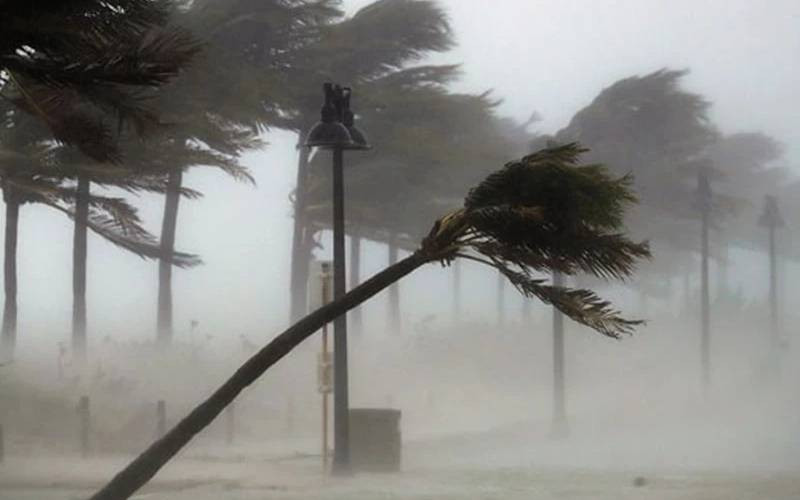×
The Standard e-Paper
Read Offline Anywhere

Audio By Vocalize

Anxiety gripped the Coast on Saturday as Cyclone Hidaya raced towards Kenyan shores from the Indian Ocean after causing storms, flooding and devastation in neighbouring Tanzania.
Beaches were deserted and many shops closed as heavy winds buffeted coastal areas of Tanzania and Kenya.
